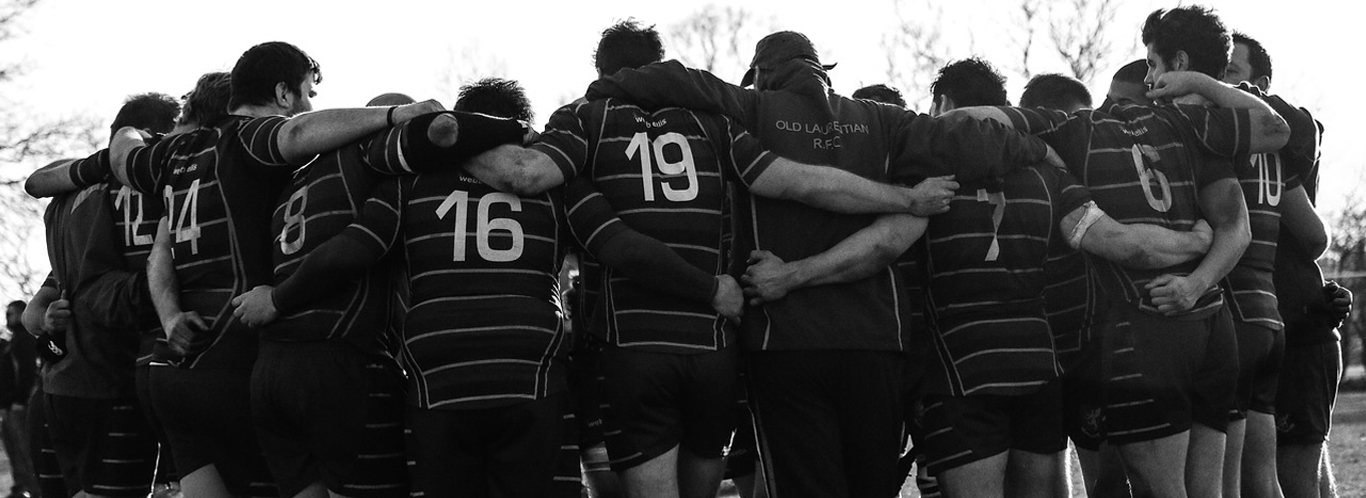A McKenzie Friend can assist you, as a litigant in person.
Acting as your McKenzie Friend I can assist you in court on the day, having helped to prepare your case from issuing applications through to writing statements and structuring your arguments. In the courtroom itself I will be with you during the proceedings to support and smooth the way through what can be a traumatic experience.
What is a McKenzie Friend?
Anyone involved in a family law case in a United Kingdom court is entitled to represent themselves in court (they do not need to employ a solicitor or barrister) and if they choose to do this they are termed a Litigant in Person (LIP).
A LIP may be accompanied by someone to help them and this person is called a McKenzie Friend, named after the case which established the principles in 1970. This is not an automatic right, but a judge would only refuse to allow a LIP to have the help of a McKenzie Friend for a very good reason.
More and more people are conducting their own Family Law cases in court, without a solicitor or barrister. This is because lawyers’ fees can be very high, and Legal Aid to pay these fees is becoming harder to obtain.
Representing yourself in court is not as daunting as it may sound, especially if you have the help of a McKenzie Friend to help in preparing the case beforehand and to sit along-side you in court. I can act as your McKenzie Friend when needed.
How can a McKenzie Friend help?
What a McKenzie Friend May Do:
Provide moral support for the LIP
Take notes
Preparation and help with case papers
Giving advice during proceedings
Points of law or procedure
Issues that the litigant may wish to raise in court
Questions the litigant may wish to ask witnesses
What a McKenzie Friend May Not Do
A McKenzie Friend has no right to act on behalf of a LIP. He may not act as the LIP’s agent in relation to the proceedings nor manage the case outside court, for example, by signing court documents.
A McKenzie Friend is not entitled to address the court, nor examine any witnesses. However, in certain circumstances, a judge may grant a McKenzie Friend what is termed “rights of audience” in a particular case. The McKenzie Friend would then be allowed to address the court and conduct the litigant’s case for him.
